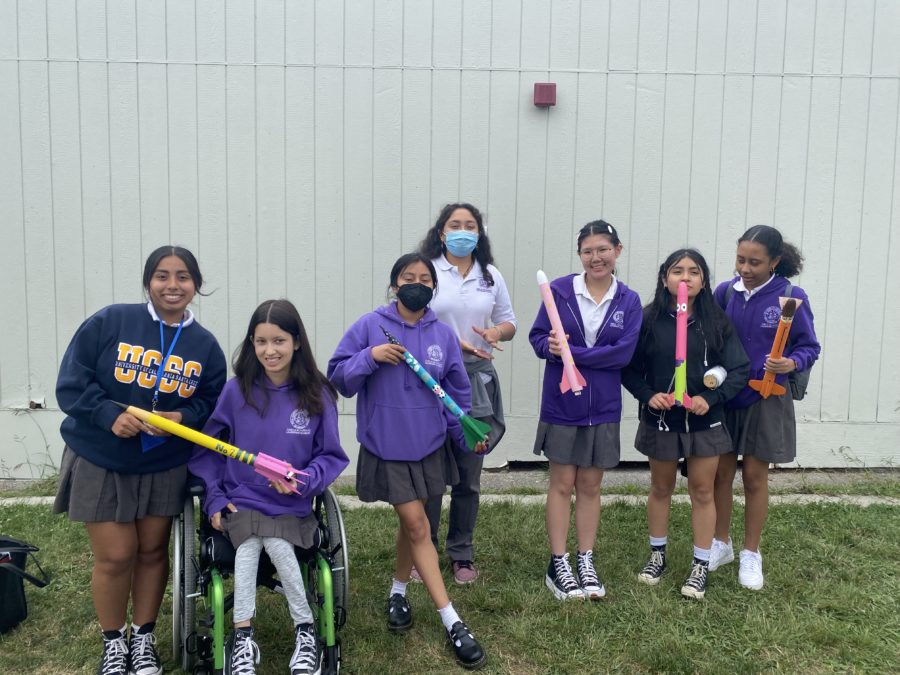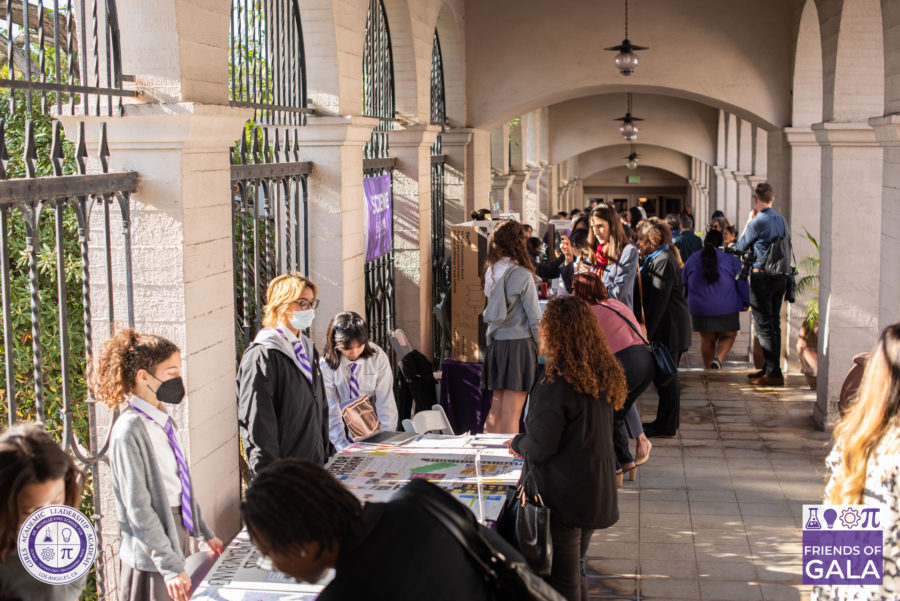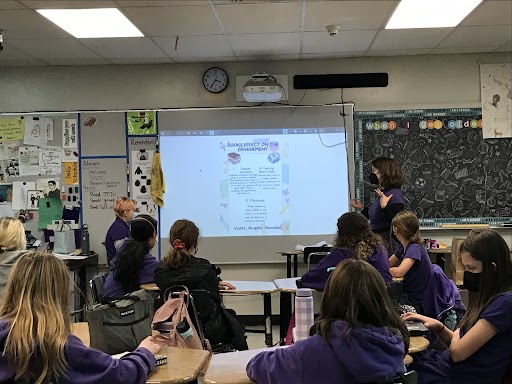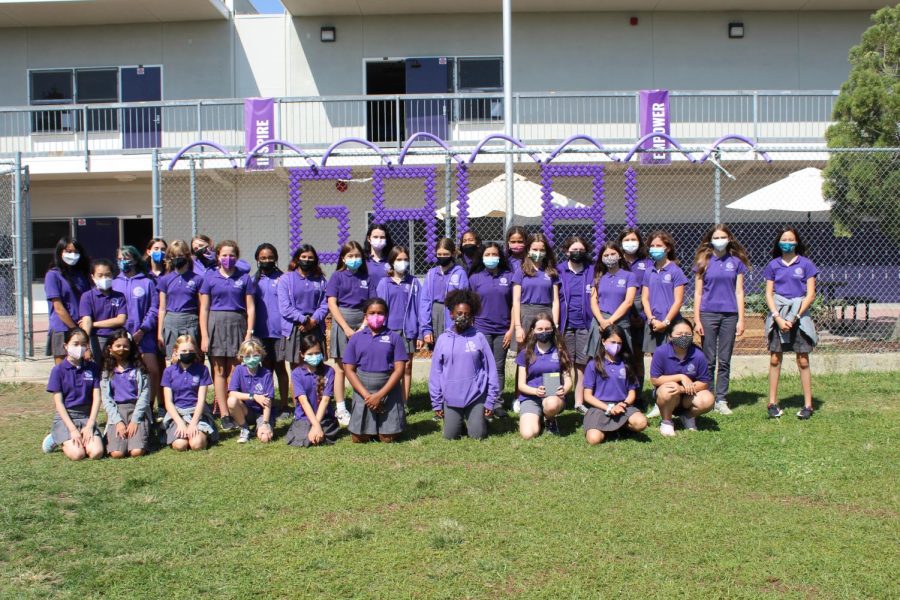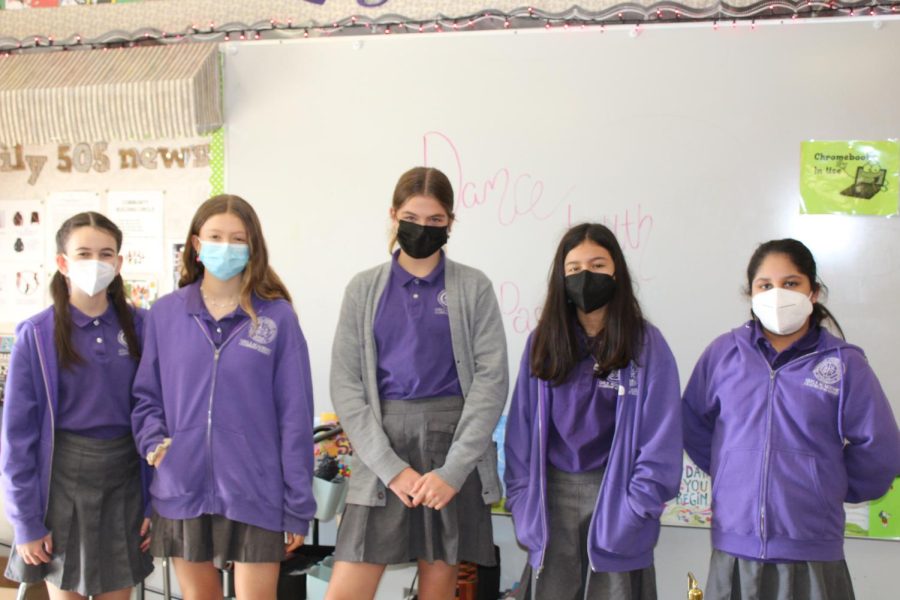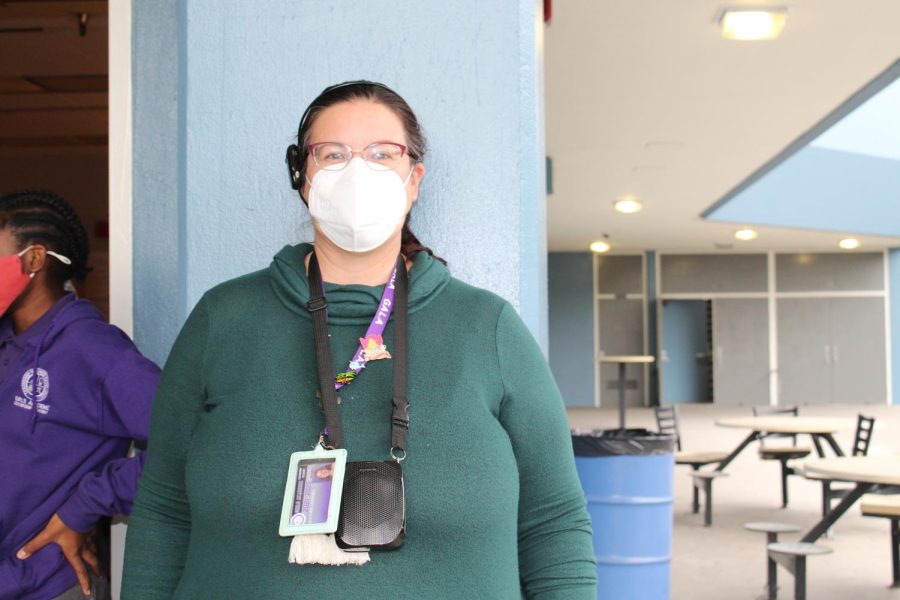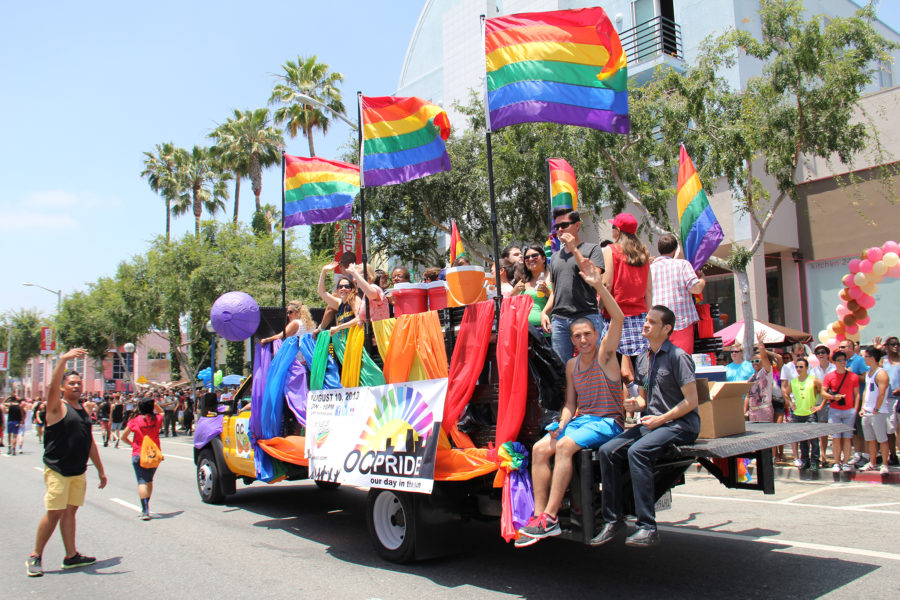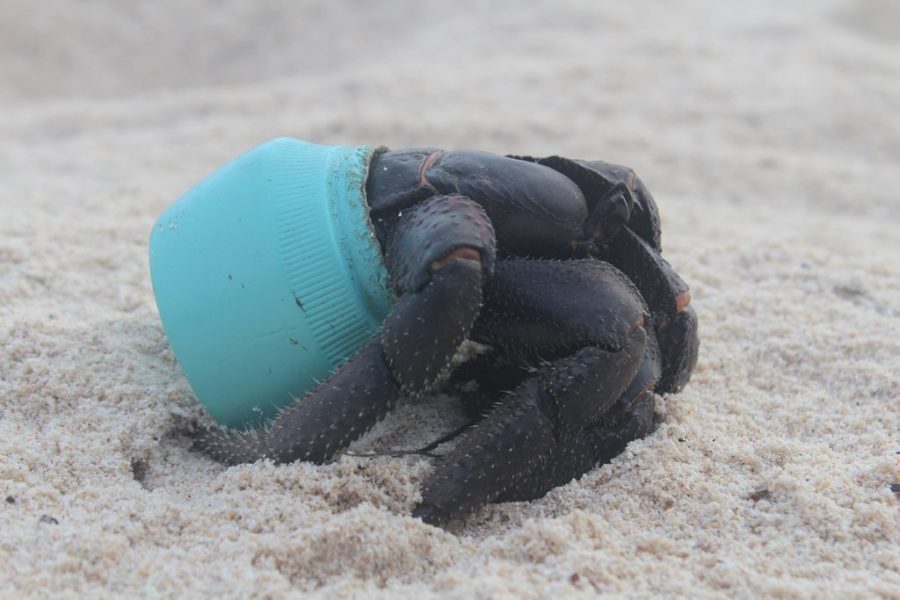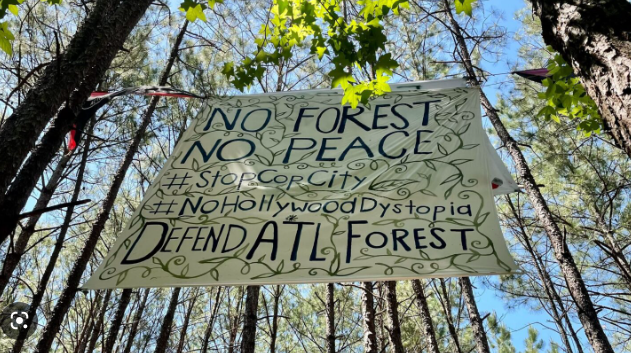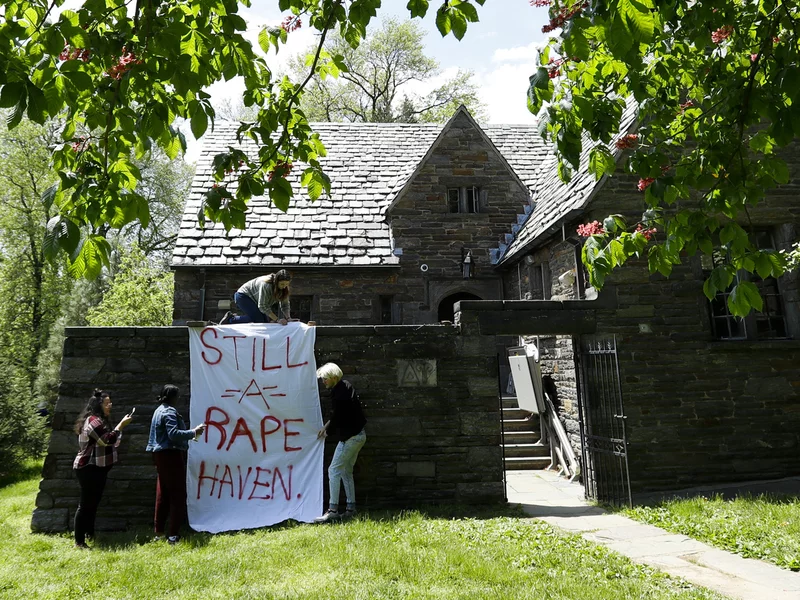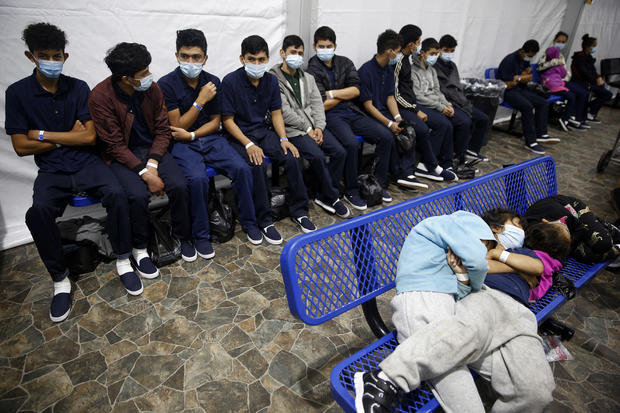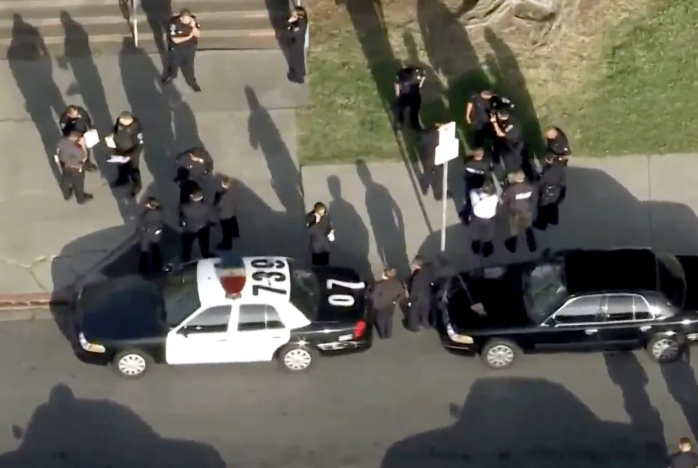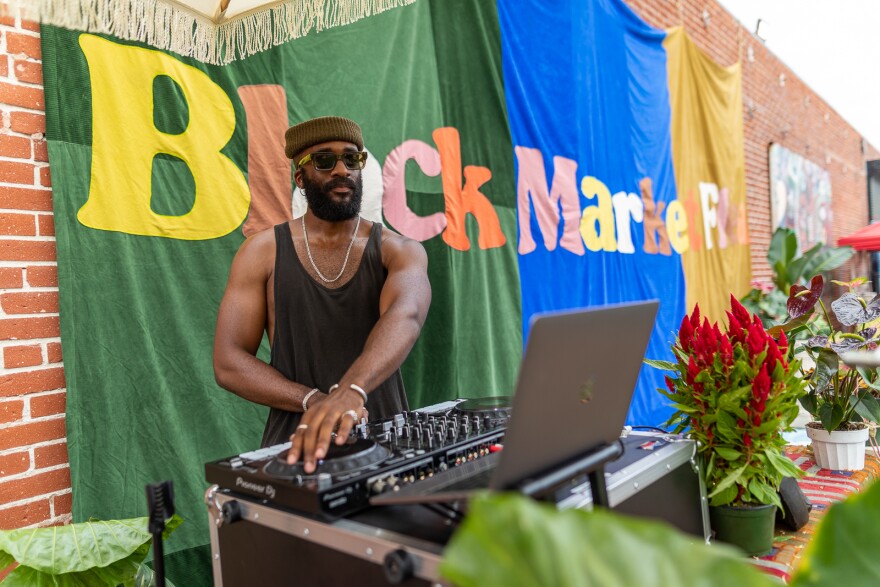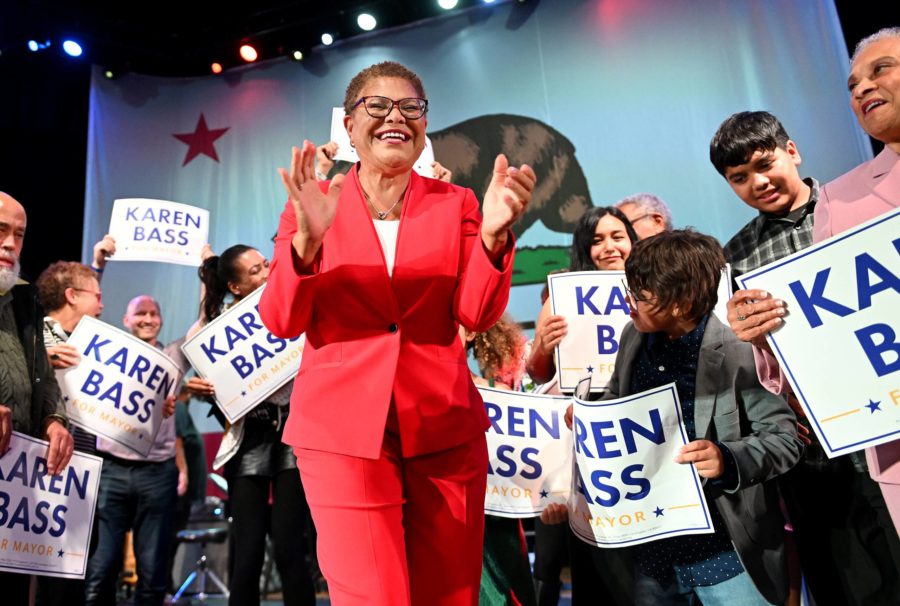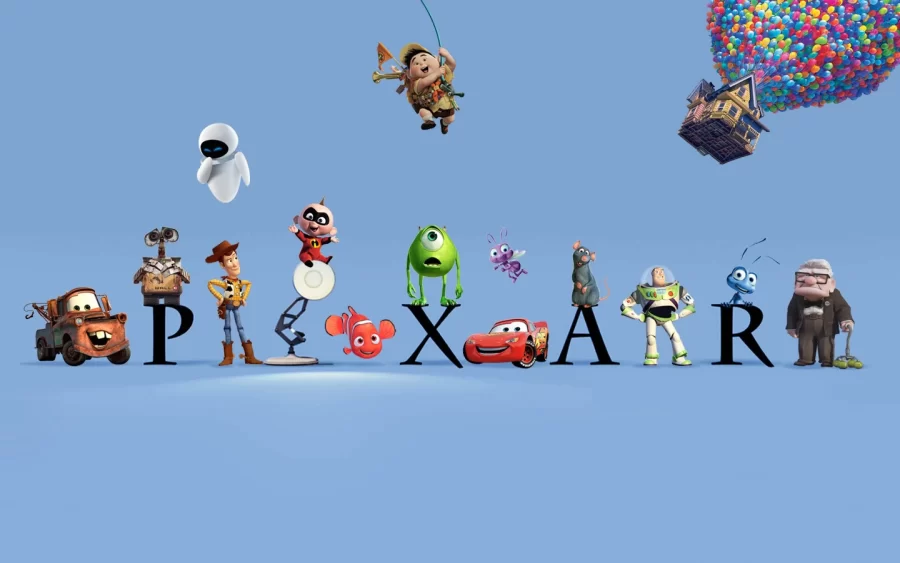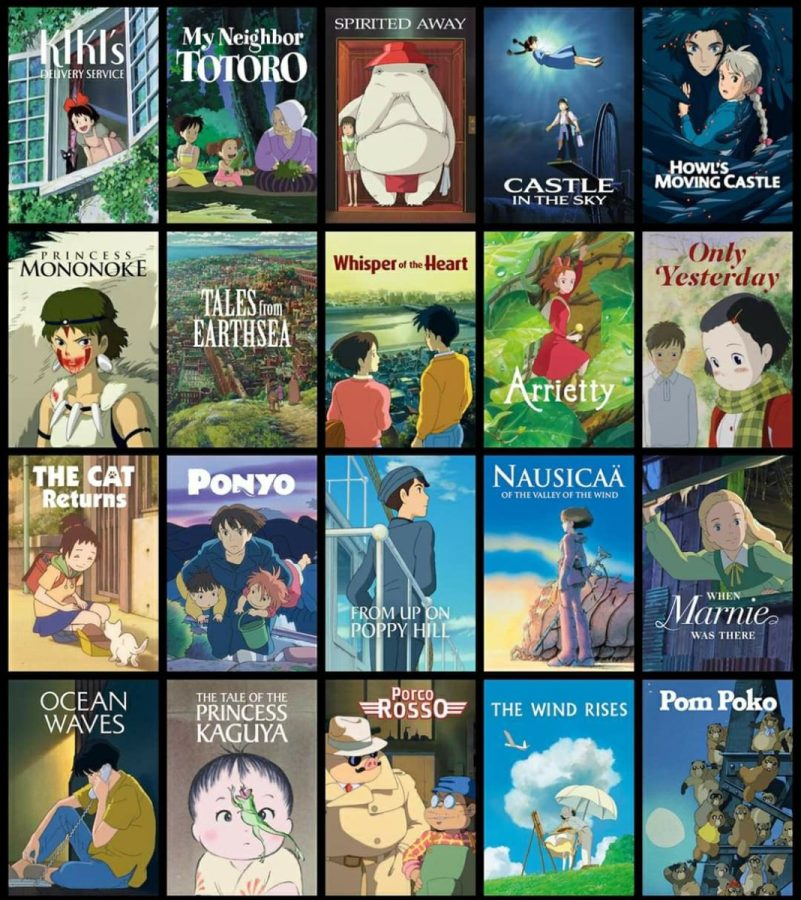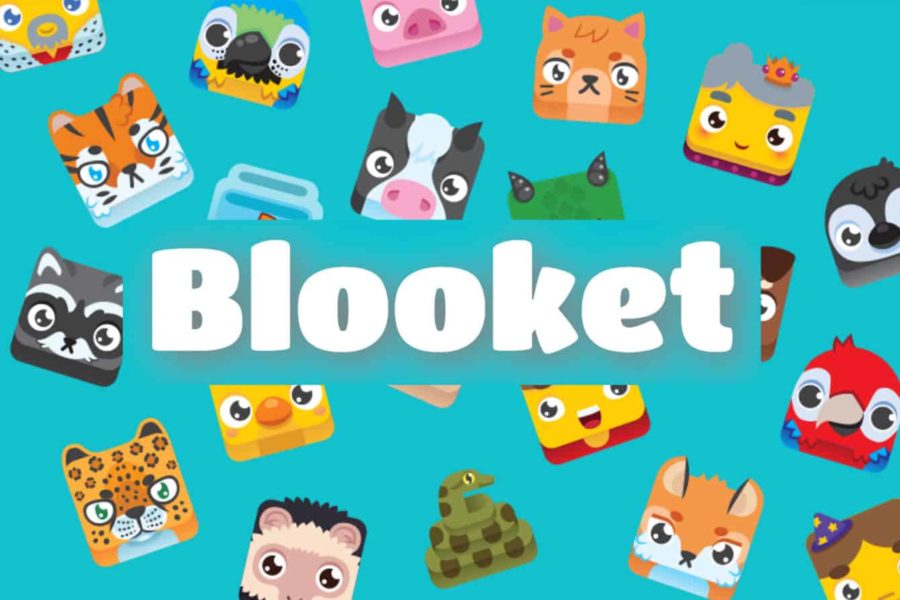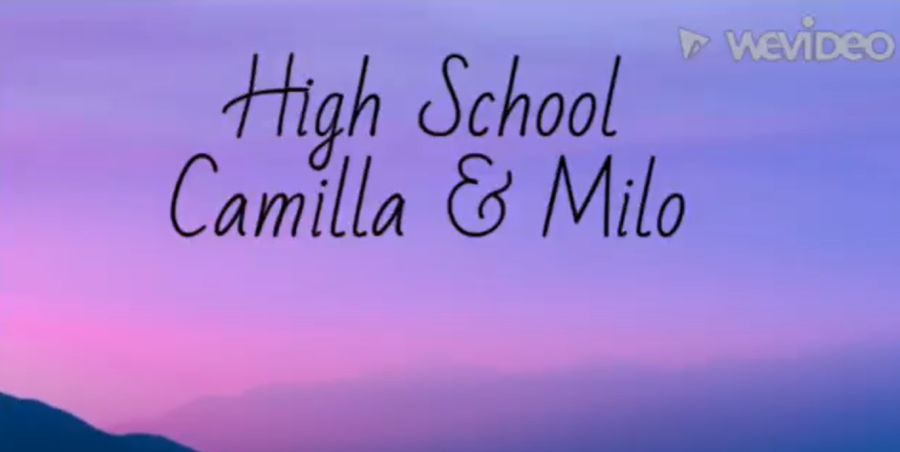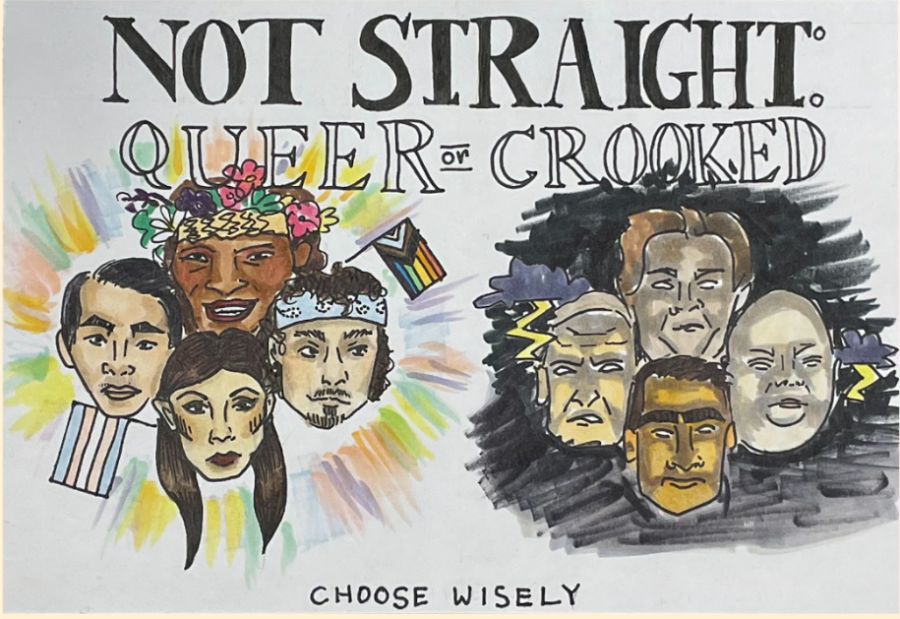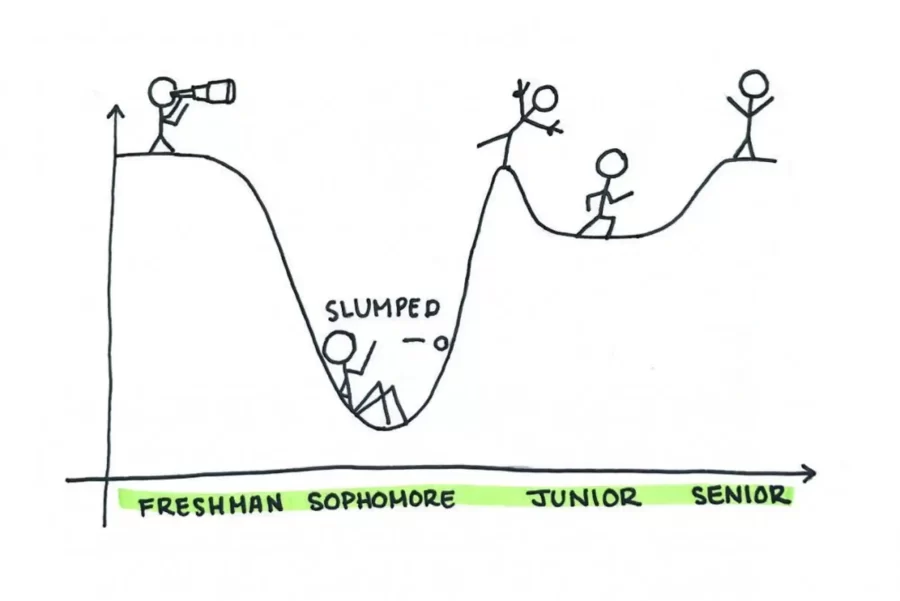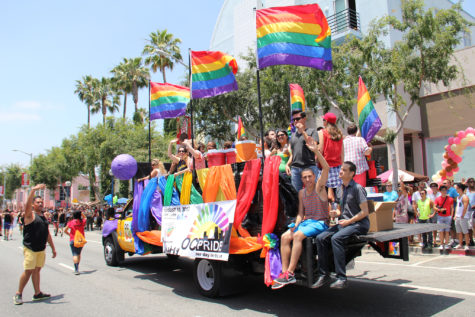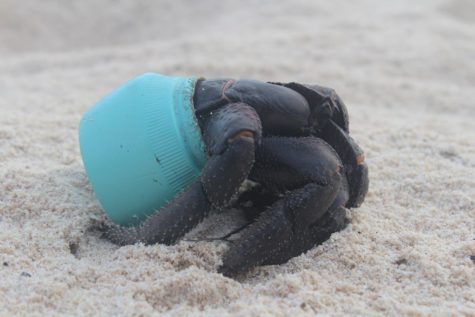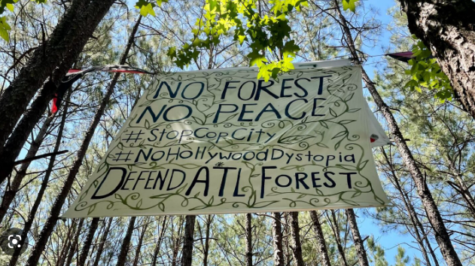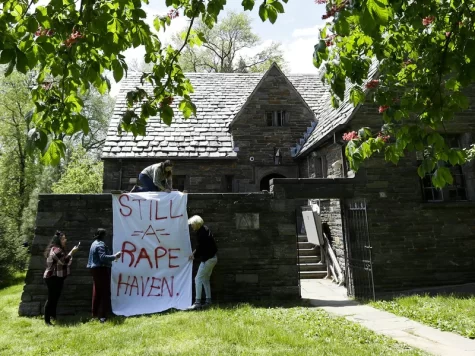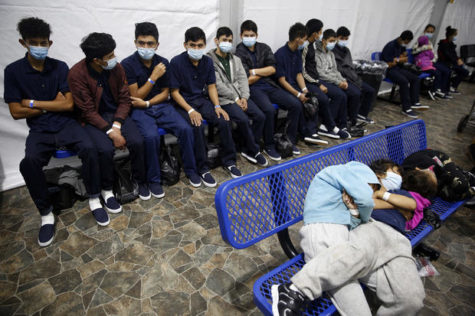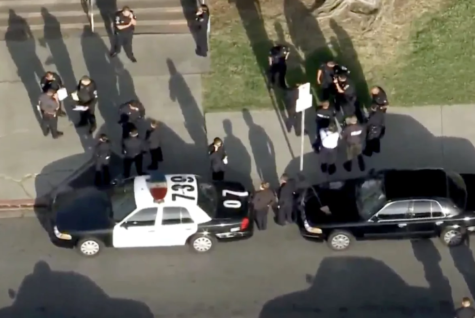What is the “Don’t Say Gay” Bill?
On March 28, Florida Governor Ron DeSantis approved House Bill 1557, more commonly referred to as the ‘Don’t Say Gay’ bill. This approval comes in the wake of national discourse surrounding school censorship, controversial curriculum, and the right of the parent in classrooms.
Monikered the ‘Parental Rights in Education Bill’ by Republicans, House Bill 1557 will go into effect July 1. It advocates for “the fundamental right of parents to make decisions regarding the upbringing and control of their children.” The bill prohibits school districts from adopting curriculum or resources which encourage or result in a student withholding information from their parents, prohibits school district employees from interfering with parental notification and/or involvement in matters regarding a student’s wellbeing, and, most notably, prohibits discussion surrounding sexuality and gender identity “in certain grade levels or in a specified manner.” Essentially, this bill limits what and how much educators can tell their students about gender identity and sexual orientation.
While some have welcomed this bill as a proponent of parental rights, many opponents say the bill is anti-LGBTQ+. Among these opponents are employees of the Walt Disney Company.
In early March, after initial silence on the bill and subsequent criticism from employees and fans alike, Disney CEO Bob Chapek expressed his disappointment with the bill. He said that he had called Florida Governor Ron DeSantis to express concern over the bill targeting LGBTQ+ youth and their families. Additionally, he stated the Walt Disney Company would donate $5 million to organizations like the Human Rights Campaign (HRC), which have fought against the ‘Don’t Say Gay’ bill. In 2021, the Walt Disney Company made an average of $184 million every day.
In response to this, HRC’s Interim President Joni Madison stated, “The Human Rights Campaign will not accept this money from Disney until we see them build on their public commitment and work with LGBTQ+ advocates to ensure that dangerous proposals, like Florida’s Don’t Say Gay or Trans bill, don’t become dangerous laws, and if they do, to work to get them off the books.”
Employees within Disney are similarly dissatisfied with the company’s response.
On March 22, Disney employees in both California and Florida walked out in protest of both House Bill 1557 and their CEO’s actions. Some, such as Nicholas Maldonado—a Disney employee and protester outside Walt Disney World—question why Disney only chose to speak out after the bill had passed in the Florida legislature. Maldonado told the Guardian, “Where was Chapek when the bill was introduced? My thoughts are, it’s completely shameful and upsetting to cast members.”
Going forward, the Disney employees that called for the walkout are making a series of demands of the Walt Disney Company on their website, whereischapek.com. Firstly, they call for the ceasing of all donations going towards politicians involved in the creation of the bill, such as Governor DeSantis. Secondly, they demand that the Walt Disney Company commit to opposing any hateful legislation that could target employees, even at the cost of political pushback. Additionally, they call on Disney to make contributions to LGBTQ+ rights groups, create content including LGBTQ+ voices and stories, and to create an LGBTQ+ brand that focuses on uplifting LGBTQ+ creators.
In addition to pushback in the corporate world, Florida students who will be affected by House Bill 1557 have also spoken out against the bill.
Jack Petocz, a student at Flager Palm Coast High School in Florida, led his peers in a school walkout to oppose the ‘Don’t Say Gay’ bill. Petocz bought pride flags to distribute to students during the protest to show their support and allyship for the LGBTQ+ community. He said he faced pushback from the administration, who pulled him aside to discourage him from waving the pride flags. Petocz told ABC news, “I resisted, and I told students to not give up their pride flags, because they’re a symbol of our identity. They’re a symbol of acceptance and embrace of our queerness.”
The demonstration at Petocz’s high school is only one example of the pushback student and adult activists alike have faced throughout the state of Florida and nationally. Many are concerned the bill will have negative impacts on the mental health of LGBTQ+ students—a group already predisposed to mental health struggles—by stifling conversations about their identity within the classroom. Many mental health experts air similar concerns such as pediatric psychologist Natasha Poulopoulos who told the Guardian, “We have governors—that have no education or basis or expertise in child mental health—that impose such laws that are going to have horrendous impacts on kids.”
On the other side of the issue, however, is Governor DeSantis and his fellow Floridian politicians who maintain the bill’s necessity, citing an apparent need for the legislation to guarantee age-appropriate curricula in Florida schools.
DeSantis alleges that House Bill 1557 takes a stand against children being manipulated by discussions regarding sexual orientation and gender identity in schools. DeSantis states, “First graders should not have woke gender ideology imposed in their curriculum, and that is what we are standing for.”
House Bill 1557 seems to be born out of fear that LGBTQ+ subjects will be embedded into Florida curricula rather than reality because, as of now, content covering sexual orientation and gender identity is not included in Florida curriculum for students of the kindergarten through 3rd grade levels.
In response to Florida’s ‘Don’t Say Gay’ bill, numerous states across the country have begun considering similar legislation. Though the exact propositions in each of these 12 state bills differ, they each focus on repressing or censoring discussion of sexual orientation or gender identity in the classroom.
Though the recent wave of legislation targeting conversations on sexual orientation and gender identity in schools is taking up space in political discourse at the moment, it is not new. In the past, there have been laws prohibiting the “promotion of homosexuality.” David Brown, the legal director for the Transgender Legal Defense and Education Fund, told NPR news, “This trend is the continuation of a playbook that has been brought out again and again, repeatedly targeting the most marginalized groups in our society for political gain.”
With House Bill 1557 signed and approved in Florida and similar proposals popping up throughout the nation, it is sure discussions on LGBTQ+ topics in education and parental rights in the classroom will continue to occur throughout the coming months. Additionally, discourse between Disney and their employees, schools and student activists, and lawmakers and sponsors will grow in intensity as we approach the midterm elections.
